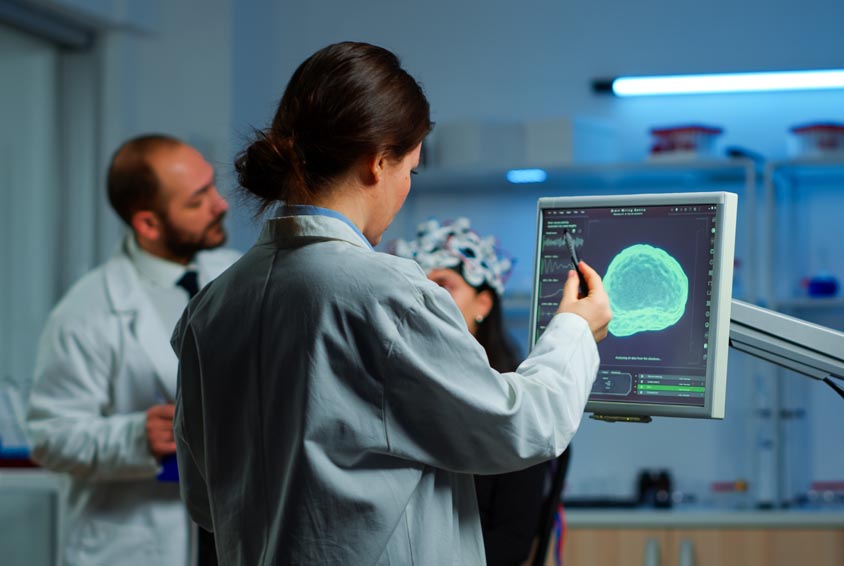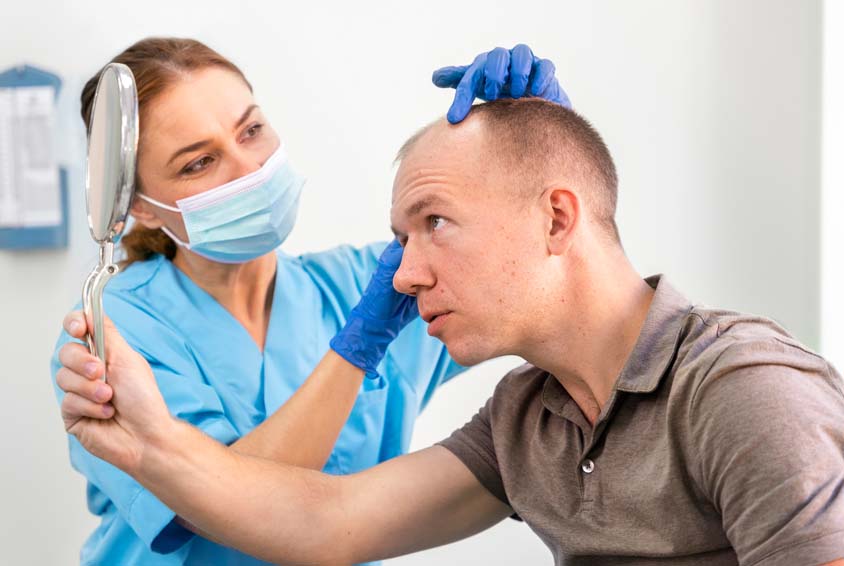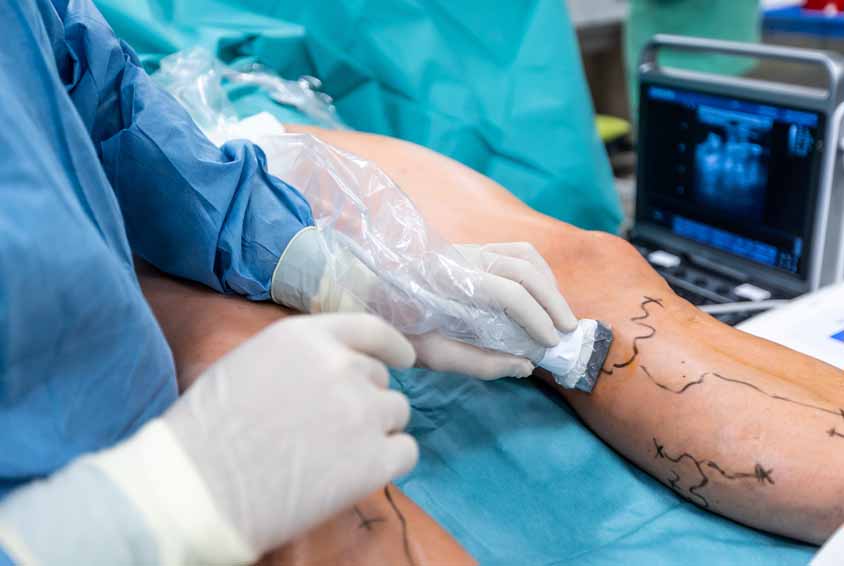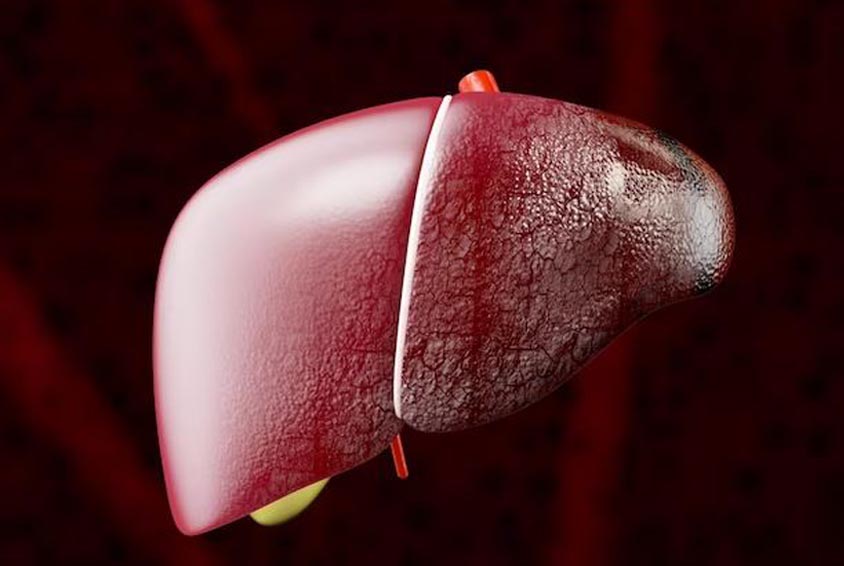Neurosurgery
Neurosurgery, or neurological surgery, is the medical specialty concerned with the preven-tion, diagnosis, surgical treatment and rehabili-tation of disorders which affect any portion of the nervous system including the brain, spinal column, spinal cord, central and peripheral nervous system, and cerebrovascular system. Conditions that require neurosurgery may be trauma-related, for example injury to the head and spine where there is internal bleeding (cer-ebral aneurysms) or meningitis, a bacterial or viral infection of the fluid surrounding the brain and spinal cord. Procedures are also available to treat degenera-tive diseases like Parkinson disease.










